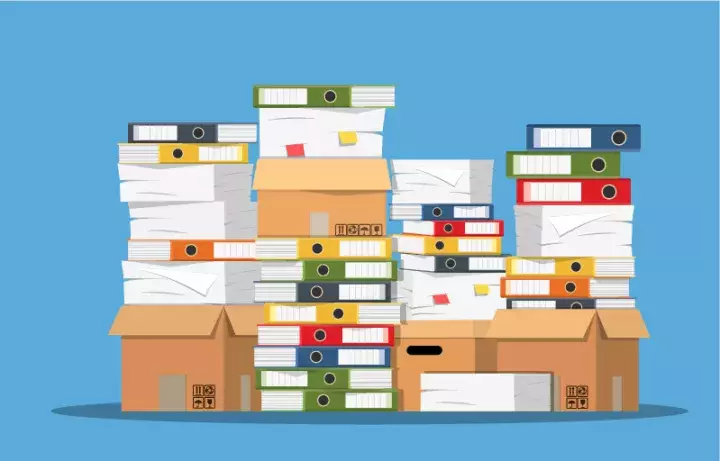
What do we need – an apostille or consular legalization? What is the difference between apostille and consular legalization? Why can't I just apostille my documents when traveling to China? And above all: Why do I need all this anyway?
Such questions very often arise among people who for the first time face the need to legalize documents for their use abroad. Why don't foreign officials accept our documents as they are?
But, alas, not everything is so simple. For example, put yourself in the shoes of a civil servant from the Argentinian city of Ushuaia who needs to hire a doctor who was born in Khabarovsk, earned his doctorate in Oslo and trained in Honiara, Solomon Islands. How can he verify the authenticity of a birth certificate, diploma, or other certificates? Can he be asked to know what the original documents of all the countries in the world, of which there are about two hundred on the map today, look like?
Initially, this problem was solved with the help of double authentication of documents, on the basis of which there was a procedure called "consular legalisation" was known.
Depending on the particular state, this procedure has certain characteristics, which we will discuss a little below, but in general it looks like this:
- all required signatures and seals are placed on the document;
- the document is authenticated by the consular section of the Ministry of Foreign Affairs of the country where it was issued;
- the document is legalized in the consulate (consular section of the embassy) of the state where it is intended to be used;
- the document will be translated into the language of the state where it is used.
The procedure of consular legalization is quite reliable, but it has two major drawbacks. First, it's long and complicated. Secondly, you have to go through the procedure again for each country.
In 1961, a significant number of states decided to eliminate this problem by signing the Hague Convention Abolishing the Requirement of Legalization for Foreign Public Documents.
According to this convention, in order to use a document on the territory of all countries that have signed it, it is sufficient to authenticate it once with a special stamp (“apostille”) in the country where it was issued. This greatly simplifies the task of the conditional official from Ushuaia, with whom we began our story. Even if he has doubts about the authenticity of one of the documents, he does not need to check with the Khabarovsk registry office or the university office in Oslo. It is sufficient to verify the authenticity of the apostille by the body specifically authorized to certify documents under the Hague Convention.
Above all, the Hague Convention made life easier not for officials but for people. If your country has ratified the 1961 Convention, you no longer have to go through three to five instances to legalize each document and then repeat everything from scratch if the document is needed in another country. It is enough to put a stamp once.
Is it really that simple and does the apostille procedure have any disadvantages?
Unfortunately, there are pitfalls. First, not all countries in the world have signed the Hague Convention. Even big countries like Canada and China use the process of consular legalization. Second, different authorities are responsible for Apostilles in different countries (there are also two or three per country, depending on the type of document). Third, in some countries, the volume of document acceptance can be limited and the queue for apostille certification can be months. Fourth, the apostille process in some states is actually multi-stage – before a document is accepted, the official responsible for certification can request that it be certified in further intermediate instances. This applies, for example, to the United States of America. Fifth, some states do not want to accept documents issued by a particular country. For example Germany, Austria and Greece does not recognize the Uzbek apostille. Germany and Austria, as well as Finland refuse to accept the apostille from the Philippines.
Therefore, before getting an apostille, it is better to carefully study the procedure on special sites or by contacting professionals. This also applies to consular legalization. The situation with it in different countries can be quite confusing. For example, London only legalizes documents with an apostille - even if you want to use them in countries that have not ratified the Hague Convention. In general, taking into account all these subtleties, so as not to waste time and money, it is better to seek advice.





